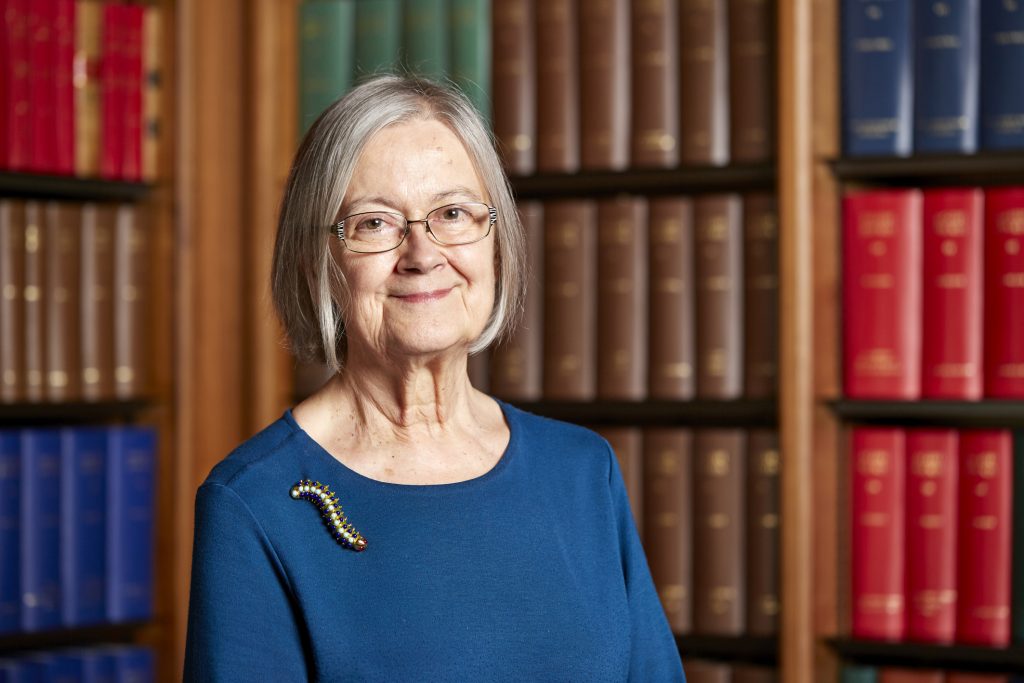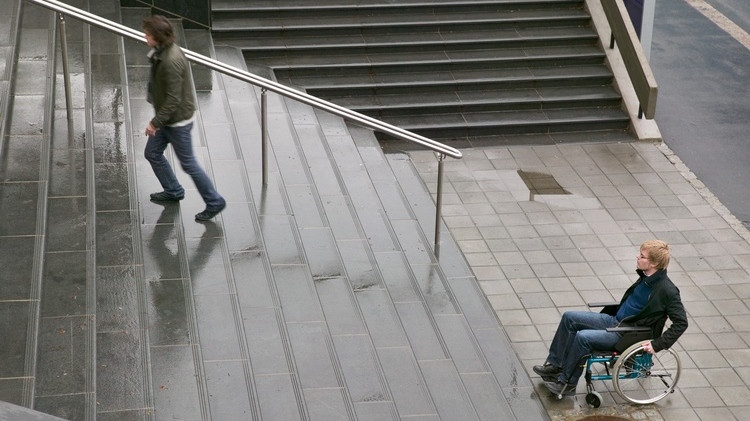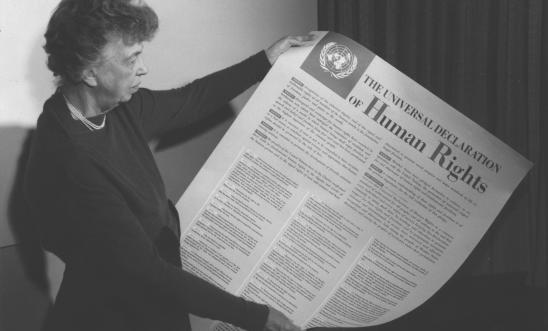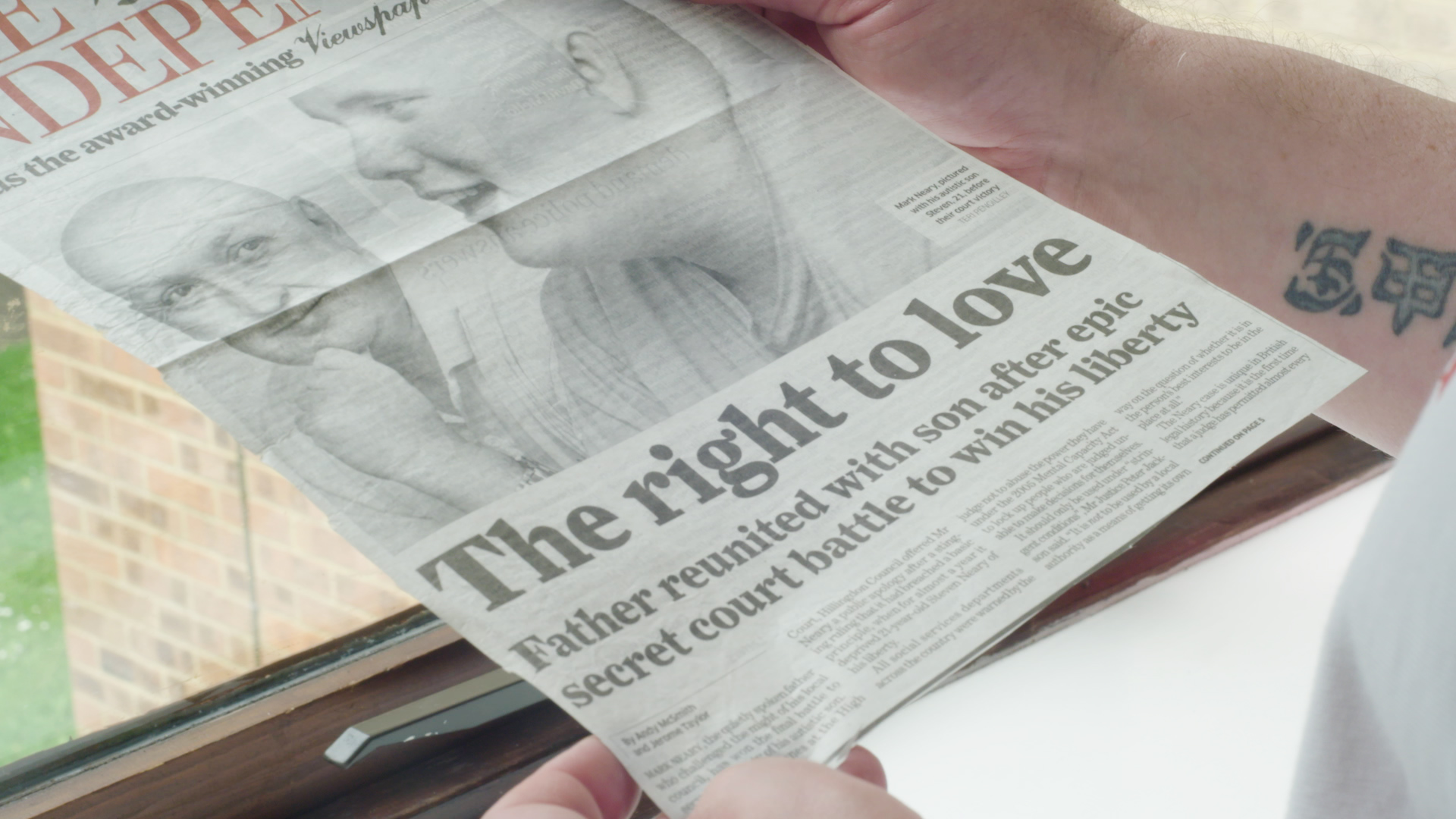Carlyn Miller, Human Rights Officer, at the British Institute of Human Rights outlines how the Human Rights Act 1998 is a powerful tool capable of transforming lives without going near a courtroom.
This week at a British Institute of Human Rights (BIHR) event marking 20 years of the Human Rights Act, someone shared their recent exchange with a taxi driver who didn’t seem convinced about human rights.
However, explaining how it was the Human Rights Act that secured justice for the women who survived John Worboys (the “black cab rapist”) changed the conversation. This could have been me or any of my colleagues at BIHR because that is a conversation we have everyday up and down the UK. But it was in fact Lady Hale, President of the Supreme Court delivering our lecture on 20 years of the Human Rights Act.
 Lady Hale Credit: Supreme Court
Lady Hale Credit: Supreme Court
Of course Lady Hale went on to share many legal cases and ways the Human Rights Act has secured justice in the courts. Perhaps most important though were her opening remarks, and how chatting with the taxi driver reminded her that too often we forget that human rights are for the majority and the minority, the popular and the unpopular; for us all.
With the right support, people can have the confidence to use the law to live more dignified and equal lives.
That is the piece of the puzzle we work on at BIHR, translating the Human Rights Act into a tool that transforms people’s lives in everyday ways without going near a courtroom. These stories rarely grab the headlines, but there are many of them. As we mark 20 years of the Human Rights Act it’s important to shout about how, with the right support, people can have the confidence to use the law to live more dignified and equal lives.
Take Nina, a young woman with mental health issues. She had been living in an adolescent unit close to her family. When Nina turned 18 she was moved to an adult facility 200 miles away. The distance meant her mother could rarely visit and her two younger brothers could not make the trip at all, losing contact with her for over a year.
Nina was very distressed and began self-harming, compromising her mental health even more. Nina’s mental health advocate had been part of a BIHR support project so was able to speak to the social worker about Nina’s right to respect for family life and the legal duty on services to respect and protect this right.
A little bit of human rights knowledge made all the difference for Nina.
Within a few weeks, those ordinary conversations lead to Nina being provided with care much closer to home where she could be with those whom she loves (You can read the full story here). A little bit of human rights knowledge, and the confidence to use it, made all the difference for Nina.
And there are many more people whose lives have been changed. People like Lorraine, who had to use a bucket for a toilet when she was in hospital because staff refused to support night-time visits to the bathroom.
 The Human Rights Act has been central in fighting for the rights of people with disabilities
The Human Rights Act has been central in fighting for the rights of people with disabilities
Or Gemma, a woman in her 40s with learning disabilities who was locked in an older person’s care home after her mother, her carer, died. Or James, a transgender man who was so worried about having to use the female toilets he would avoid going until he wet himself. Or Bryn, a man in his 60s, who was refused a GP referral for heart scans because of his learning disabilities.
Through simple, informed conversations about the Human Rights Act and what it means in practice, people’s lives were changed.
Through simple, informed conversations about the Human Rights Act and what it means in practice, all of these people’s lives were changed. Lorraine was moved to a room with a toilet. Gemma now lives in her own home with the right support. James was able to have dignified access to the bathroom. The doctor agreed to give Bryn the heart scan.
These and many other stories of real life change come from our direct work in communities across the UK. These examples don’t just happen; sadly people’s knowledge of their rights, and most importantly their confidence in being able to use these in everyday life is lacking.
How many people leave school or further education or vocational training understanding their rights and duties under the Human Rights Act? Yet when people do get this support their lives can change. So too can the way social workers and doctors, nurses and teachers, housing officers and other officials work.
Evaluation research shows how using the Human Rights Act beyond the courts can be genuinely transformational. Services we work with report reductions in violence, increased staff morale, and changed the relationship between staff the public they service.
 Eleanor Roosevelt and the Universal Declaration of Human Rights Credit: UN
Eleanor Roosevelt and the Universal Declaration of Human Rights Credit: UN
Twenty years of the Human Rights Act (and the 70th anniversary of its grandmother, the Universal Declaration of Human Rights) offers us the perfect opportunity for reflection, celebration and renewed commitment to making human rights real here in the UK.
20 years of the Human Rights Act is the story of families being brought back together, dignity being restored, restrictions of liberty removed and discrimination prevented.
For us the story of 20 years of the Human Rights Act is the story of families being brought back together, dignity being restored, restrictions of liberty removed and discrimination prevented. It is the story of public officials who see the Human Rights Act as something positive and helpful, steering them to do the best for people. Today we need to shine a spotlight on those stories.
If like us, you think universal human rights for everyone is worth celebrating, you can sign our digital card which we will present in Parliament on Human Rights day this year.
The British Institute of Human Rights provides people with authoritative and accessible information about human rights.






